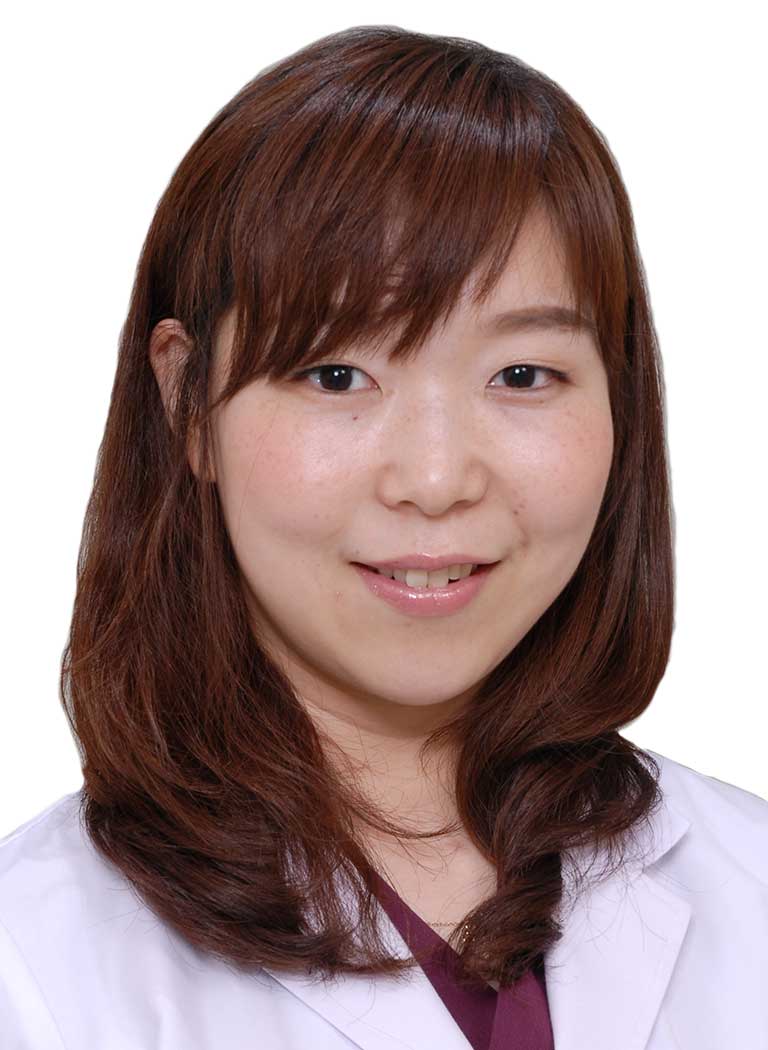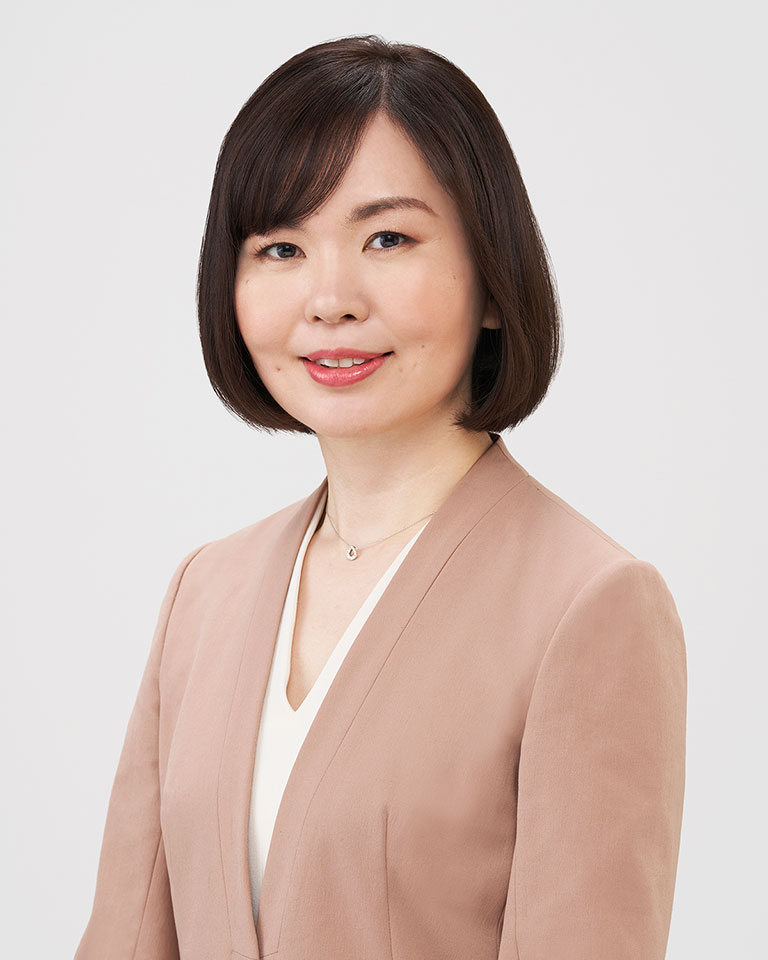Perspectives from Medical Professionals
Makeup: Helping You Stay True to Yourself When It Counts

Hiroyasu Kanetaka, Ph.D.Division of Orthodontics and Dentofacial Orthopedics,
Tohoku University Graduate School of Dentistry
For about 20 years, I have been researching the impact of appearance care* on quality of life while treating cleft lip and palate, a key focus of my work in the dental and oral field, in collaboration with Shiseido’s beauty specialists. Currently, I am working with experts in plastic surgery and clinical psychology to explore its psychological effects on patients.
Appearance care serves as essential psychological support for people living with conditions such as cleft lip and palate, angioma, vitiligo, burns, and surgical scars. Many wish to cover their visible conditions, but they also require psychological care to help them accept their current state. Whether to wear makeup or embrace their natural look is a personal decision, but having this choice provides confidence and reassurance.
Research has evaluated patients' self-esteem before and after makeup application, confirming that self-esteem improves following the application. Adolescent patients often face complex emotions in school and daily life, but psychological metrics indicate that appearance care can alleviate anxiety about their physical features. Additionally, conversations with beauty specialists during treatment provide patients with a valuable space to share concerns that may be difficult to discuss with doctors, nurses, or family members, highlighting makeup as a tool for fostering emotional expression and communication.
I believe makeup has the potential to be a method of powerful psychological support, empowering individuals to live in a way that feels true to themselves.
*Appearance care: A form of care that helps individuals alleviate distress caused by changes in their appearance through medical, cosmetic, and psychosocial support.
Living with Cancer: Inspiring Hope Through Appearance Care

Atsuko Kitano, M.D., Ph.D.Assistant Chief Director, Department of Medical Oncology,
St. Luke's International Hospital
As a specialist in chemotherapy, I focus on survivorship care* for people with breast cancer. Many people struggle with the decline of quality-of-life due to visible changes like hair loss, including scalp hair and eyebrows, and concerns related to skin tone such as pigmentation and loss of a healthy complexion. In my practice, I have seen people living with cancer regain their confidence and smiles through makeup and appearance care. This is especially significant for those who often feel overwhelmed with recurrent cancer and neglect their appearance during treatment. Introducing appearance care can spark a positive mindset, offering renewed hope and dignity. It supports reintegration into society and enhances people’s quality of life after treatment, empowering them to embrace life as their authentic selves.
Our hospital has been offering a unique appearance care program, Beauty Ring, for over ten years. Since 2023, the inclusion of appearance care in the national Basic Plan to Promote Cancer Control has helped expand support within medical settings. Collaboration with businesses, such as beauty professionals, and broader societal engagement are essential. Flexible consultation options, such as online or in-person, group or individual, make appearance care more accessible and supportive.
A joint study with Shiseido verified that people with breast cancer experienced improvements in subjective satisfaction with skin and makeup, improved skin condition, reduced negative emotions, and increased self-efficacy through online appearance care consultations.
It is my earnest desire to improve the quality of life for people living with cancer by addressing each individual’s concerns and providing appropriate care.
*Survivorship care: A concept that emphasizes providing compassionate support and solutions to address the physical, psychological, and social challenges faced by individuals diagnosed with cancer.
Caring for your appearance and feeling part of society

Hatoe SakamotoAssistant General Manager/ Senior Social Worker
The Patients and Families Care Coordination Development
National Cancer Center Japan, Hospital East
When I think of addressing the changes in appearance caused by cancer treatment, it always reminds me of a particular patient. When I first met her, she said repeatedly: “I hardly ever wear makeup to work. If I suddenly started wearing makeup and a wig, all my coworkers would wonder what had happened. I’m worried about what they might say.” But now, she tells me, “I like to think the treatment was just an opportunity to have a makeover.” She also talks about the significance of caring for her appearance in continuing to be part of society. “My body may be alive, but I am not alive unless I feel part of society. When we feel connected, that is when we feel alive.”
There are more than 30 different skin conditions that can be a side effect of cancer treatment. I really hope that more people will understand caring for your appearance plays an important role in maintaining your ties with society such as with work and friends.
We want everyone to know makeup can help cover appearance changes. It can help you feel like your true self again and continue living how you want to.

